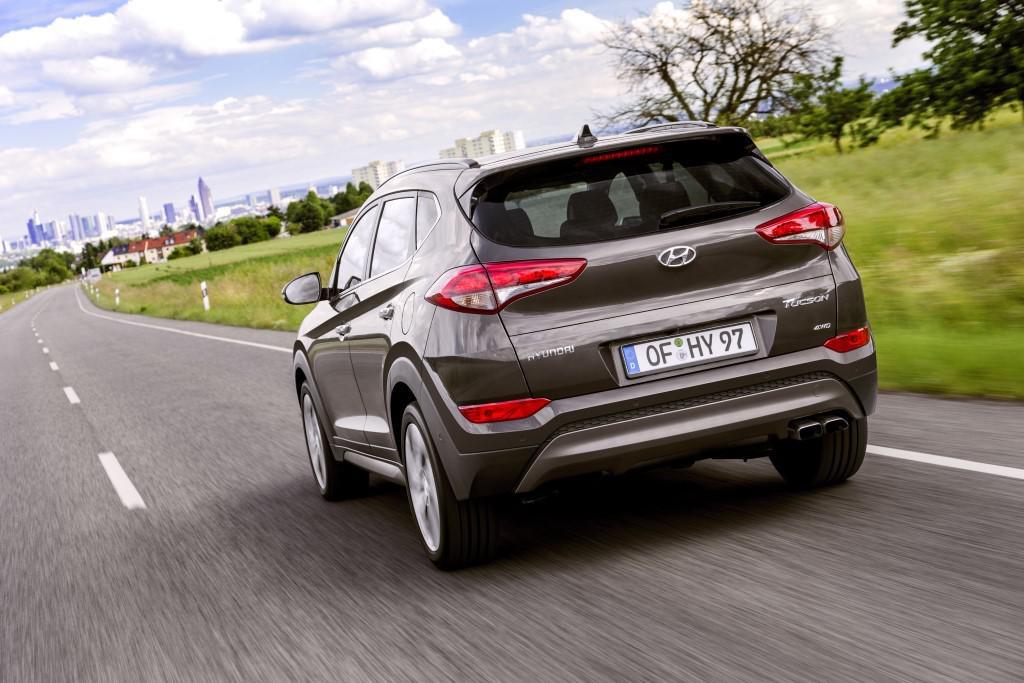fresh car
Chinese biotech claims 90% cure rate for CAR-T therapy
Chinese biotech claims 90% cure rate for CAR-T therapy
Chinese company Innovative Cellular Therapeutics (ICT) has said that a petite trial of CAR-T immunotherapy in patients with a uncommon form of leukaemia has achieved stellar results.
Huang He of the Very first Affiliated Hospital of Zhejiang University introduced data on use of the therapy in ten patients with relapsed or refractory B lymphoblastic leukaemia, reporting that nine of them have gone into finish remission.
The result is all the more remarkable as the patients in the trial were only expected to live a few months. The very first one was enrolled in June two thousand fifteen and the last – a 17-year-old doll – in March 2016. She was confirmed to be in finish remission the following month.
CAR-T or chimeric antigen receptor T cell therapies are a hot topic in cancer therapy at the moment, with preliminary data suggesting that the treatment could represent an significant fresh immuno-oncology category.
ICT and its academic fucking partner are using an ‘autologous’ CAR-T treatment in which T lymphocytes are harvested from the patient, genetically transformed to seek out and ruin malignant cells and then re-infused into the blood stream.
Patients typically practice an awkward period of fever and muscle ache as the CAR-T cells rapidly proliferate in the bod and whip out a ‘cytokine storm’ against the cancer cells. Patients in the ICT trial experienced just such a reaction, indicating the therapy was working as expected.
The trial means that ICT has joined a select group of companies – which include Novartis, Juno and Kite Pharma – who have brought CAR-T therapies into the clinic.
Novartis is presently thought to be leading the effort as its CTL109 candidate is already in phase II trials for chronic lymphocytic leukemia (CLL), mantle cell lymphoma (MCL), numerous myeloma and diffuse large B-cell lymphoma (DLBCL).
ICT said it also intends to expand its trials programme into fresh indications, with a trial ongoing in relapsed and refractory acute lymphocytic leukemia (ALL) and others planned in lymphoma and solid tumours.
Meantime, the interest in the sector can be seen in latest deal-making activity in the biopharma sector.
In February, for example, Baxalta announced a $1.7bn alliance with Precision Biosciences, which is developing an off-the-shelf CAR-T technology that does not require cells to be taken from patients.
Other latest deals include Pfizer and Servier’s collaboration with Cellectis – signed last November – as well as Merck & Co’s $941m alliance with Intrexon, Amgen’s $1bn collaboration with Kite Pharma and Johnson & Johnson’s $625m licensing deal with MacroGenics.
Chinese biotech claims 90% cure rate for CAR-T therapy
Chinese biotech claims 90% cure rate for CAR-T therapy
Chinese company Innovative Cellular Therapeutics (ICT) has said that a puny trial of CAR-T immunotherapy in patients with a uncommon form of leukaemia has achieved stellar results.
Huang He of the Very first Affiliated Hospital of Zhejiang University introduced data on use of the therapy in ten patients with relapsed or refractory B lymphoblastic leukaemia, reporting that nine of them have gone into finish remission.
The result is all the more remarkable as the patients in the trial were only expected to live a few months. The very first one was enrolled in June two thousand fifteen and the last – a 17-year-old lady – in March 2016. She was confirmed to be in accomplish remission the following month.
CAR-T or chimeric antigen receptor T cell therapies are a hot topic in cancer therapy at the moment, with preliminary data suggesting that the treatment could represent an significant fresh immuno-oncology category.
ICT and its academic fucking partner are using an ‘autologous’ CAR-T treatment in which T lymphocytes are harvested from the patient, genetically transformed to seek out and demolish malignant cells and then re-infused into the blood stream.
Patients typically practice an awkward period of fever and muscle ache as the CAR-T cells rapidly proliferate in the assets and release a ‘cytokine storm’ against the cancer cells. Patients in the ICT trial experienced just such a reaction, indicating the therapy was working as expected.
The trial means that ICT has joined a select group of companies – which include Novartis, Juno and Kite Pharma – who have brought CAR-T therapies into the clinic.
Novartis is presently thought to be leading the effort as its CTL109 candidate is already in phase II trials for chronic lymphocytic leukemia (CLL), mantle cell lymphoma (MCL), numerous myeloma and diffuse large B-cell lymphoma (DLBCL).
ICT said it also intends to expand its trials programme into fresh indications, with a trial ongoing in relapsed and refractory acute lymphocytic leukemia (ALL) and others planned in lymphoma and solid tumours.
Meantime, the interest in the sector can be seen in latest deal-making activity in the biopharma sector.
In February, for example, Baxalta announced a $1.7bn alliance with Precision Biosciences, which is developing an off-the-shelf CAR-T technology that does not require cells to be taken from patients.
Other latest deals include Pfizer and Servier’s collaboration with Cellectis – signed last November – as well as Merck & Co’s $941m alliance with Intrexon, Amgen’s $1bn collaboration with Kite Pharma and Johnson & Johnson’s $625m licensing deal with MacroGenics.
